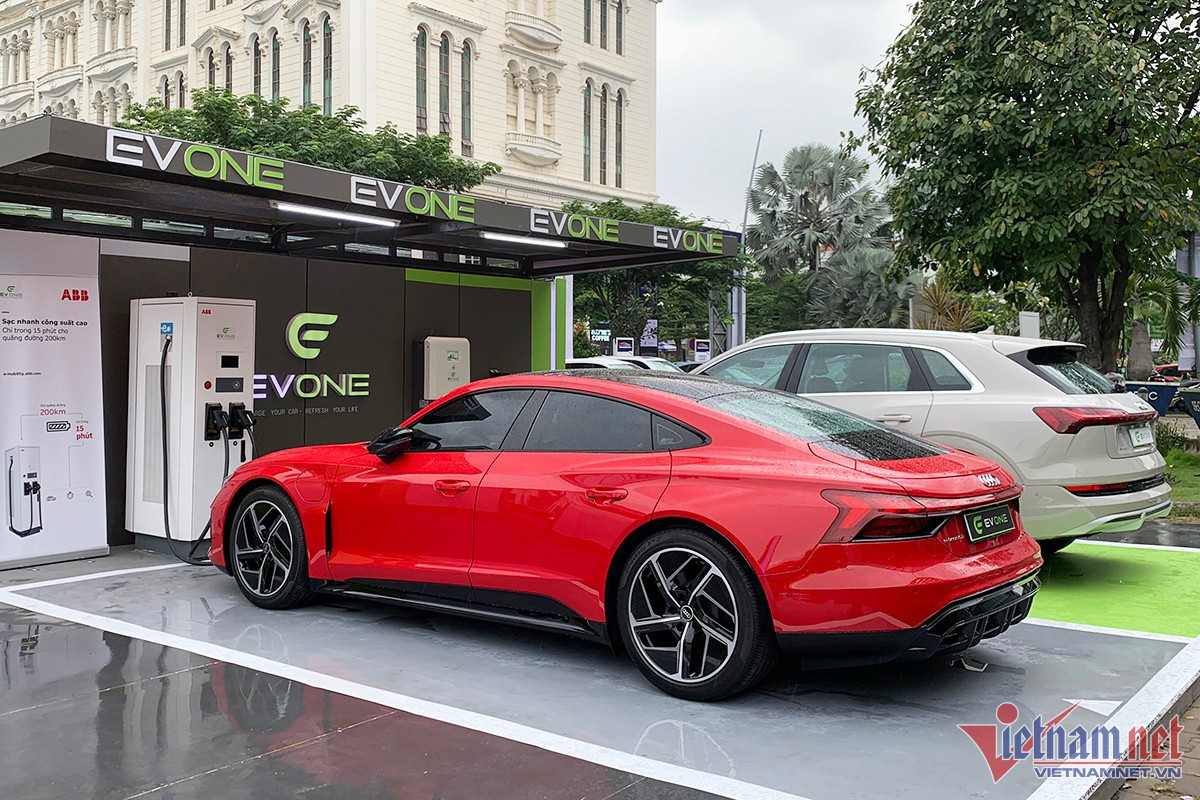
According to a recent announcement from the Vietnam Register, the agency has approved Audi's official importer and distributor in Vietnam, Audi Asia Company Limited, to initiate two separate recall campaigns. These involve the popular Audi Q5 SUV and the electric models e-tron GT and RS e-tron GT, with a combined total of 324 affected vehicles.
Specifically, 316 Audi Q5 units manufactured between 2009 and 2012 are subject to recall due to potential defects in the airbag inflator on the steering wheel. Over time, moisture infiltration under certain climatic conditions may compromise the inflator.
When the airbag deploys, the release of inert gas could create excessive pressure inside the inflator, potentially causing it to rupture. This poses a risk of flying debris from the broken inflator, which could result in injuries to vehicle occupants.
In addition to the Q5, Audi's distributor is recalling eight electric vehicles - e-tron GT and RS e-tron GT models manufactured between January 9, 2020, and June 12, 2024. The issue stems from the potential cracking of front brake fluid lines over time, which could lead to brake fluid leakage. This condition reduces braking efficiency, particularly at the front, leaving the vehicle reliant on rear braking force, which compromises safety and necessitates urgent repairs.
The repair time for the Q5's airbag defect is approximately one hour per vehicle, while addressing the brake fluid line issue on the e-tron GT and RS e-tron GT models takes about two hours per vehicle. These recall campaigns, part of Audi AG’s global recall program, will run until December 1, 2027.
Audi Vietnam emphasized that vehicles not distributed through its official channels but falling within the scope of the recall, as identified by Audi AG, are primarily the responsibility of the respective importers.
However, Audi Vietnam is committed to assisting customers by liaising with Audi AG and facilitating inspections and reinforcements upon approval. This process also applies to vehicles imported as personal assets or those used by diplomatic missions.
Hoang Hiep